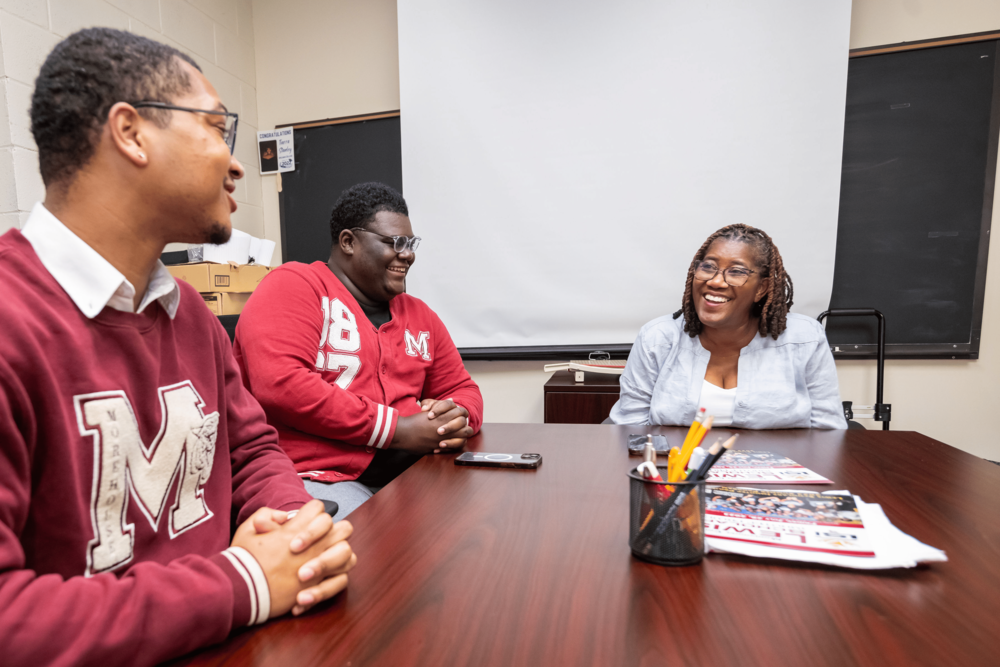
January 15, 2025
Shepherd Center and GVRA – Partnering to Improve Outcomes for Brain Injury Clients

“All I can say is God Bless GVRA,” exclaimed Dr. George “Brick” Johnstone, director of Brain Injury Research at Shepherd Center in Atlanta, when asked about the partnership that has developed between the two organizations over the past few years. “GVRA has graciously offered to assist Shepherd Center in completing two innovative projects,” he said.
In the first project, Shepherd Center provides hospital-based VR services to patients with moderate to severe traumatic brain injury (TBI). Once patients have received hospital care, they are then transitioned to GVRA, where they receive more traditional services.
Johnstone explained the goal of this relationship is to demonstrate that the delivery of non-traditional VR services (provided by Shepherd Center) in combination with traditional GVRA services is the most effective way to guide individuals with TBI to a path of successful employment and independence.
Johnstone also discussed aspects of the second project, which is currently underway. During this phase, Shepherd Center sends its VR counselors to job sites of GVRA clients to identify strategies to help compensate for weaknesses that may be adversely impacting the tasks that are required of them.
Two projects, one goal: helping individuals with TBI secure meaningful employment
“We at Shepherd Center are especially enthusiastic about this phase,” Johnstone shared, “because Shepherd Center counselors will go to a job site anywhere in Georgia for two visits to determine if work environments are properly aligned with the TBI patient’s ability to perform the job.” Researchers at Shepherd Center hope this type of monitoring will increase the chances that TBI patients will be able to maintain these jobs for a long time. According to Johnstone, researchers plan to track these individuals for up to 30 years from the date of brain injury.
Shepherd Center would not have been able to secure funding for this project without assistance from GVRA. “We look forward to continuing our work with GVRA,” Johnstone said. “As the only TBI model system center in the nation focused on improving the vocational outcomes of individuals with TBI, we recognize the critical importance of working with federal and state VR agencies that serve as the primary providers of vocational rehabilitation services.”
Thanks to funding from GVRA, the research continues
As of December 2024, Shepherd Center reports that 49 traumatic brain injury clients are participating in the study.
This research, which is part of the Georgia Model Brain Injury System (GAMBIS), began on September 1, 2022, and will run through 2027. Each year, Shepherd Center researchers hope to recruit at least 30 individuals with TBI who receive VR services at both Shepherd Center and GVRA.